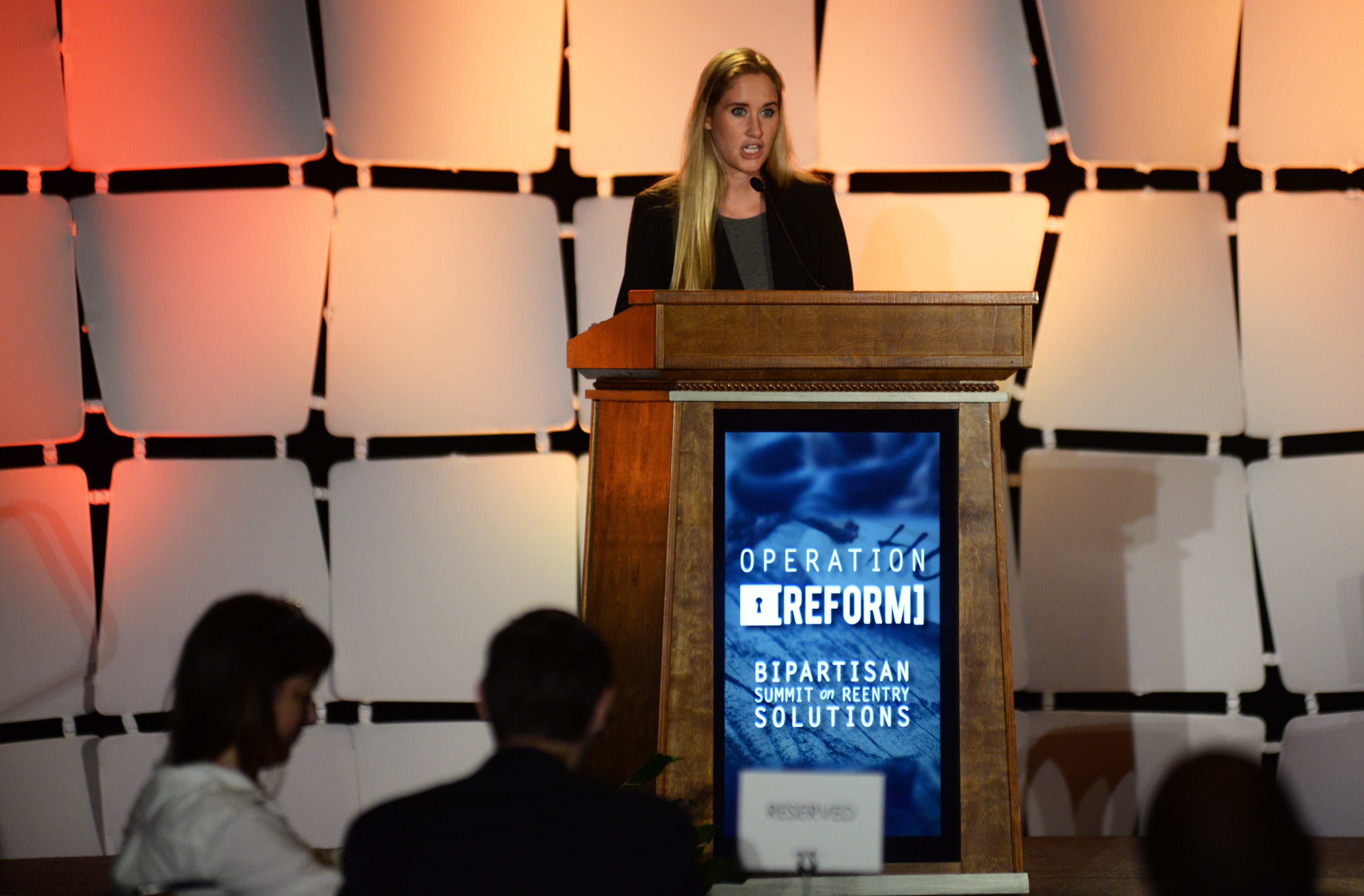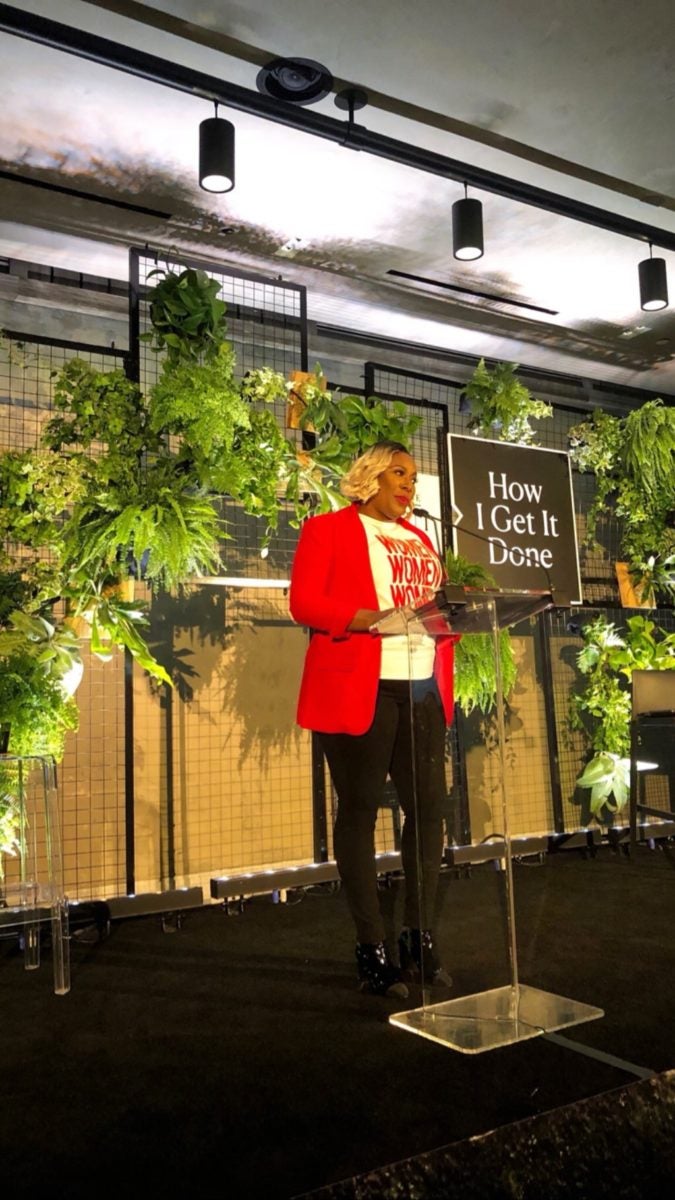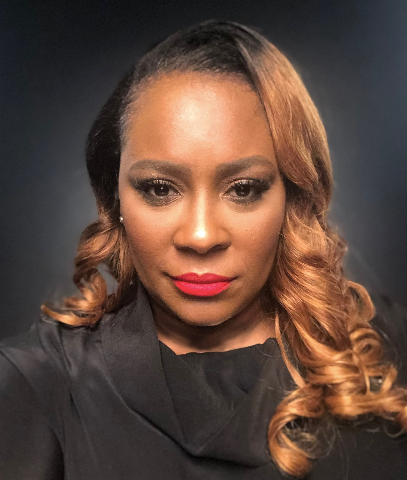Since 2018, #cut50, a bipartisan initiative that seeks to reduce the prison population while still making communities safe, has set a hard-hitting goal to introduce its Dignity for Incarcerated Women Campaign to 20 states by 2020.
The campaign started out inspired by a federal bill of the same name introduced in July 2017 by Sens. Cory Booker (D-NY) and Elizabeth Warren (D-Mass.). Right now, the campaign is more than halfway towards its goal, and upfront its goals are simple:
To bring dignity to women who are behind bars through ending the shackling of women during childbirth, to ensure that women who are mothers (and about 80% percent of the women who go to prison are moms) have access to their children through increased visitation or phone time, to ensure that women have access to all the hygiene items that they need while imprisoned and to make sure male guards are not inside bathrooms or medical areas or housing units watching women who may be in a state of undress.
The list goes on, but the underlying principle is what matters: that is to ensure that the basic humanity and dignity of women are not surrendered at the same time that their freedom is.
But perhaps what the organization and the campaign does best of all, is make sure that the campaign is not just a campaign, but a story – amplifying the voices of women who have been locked in the system and mistreated by the system to really bring about impactful change.
“It starts with the human voices, it starts by using the experiences of those who have been impacted to really bring change,” Jessica Jackson, the national director and co-founder of #cut50 told ESSENCE. “So we began by working with Topeka [Sam] to identify what we call the ‘Dignity Ambassadors.’ They’re women who live in those states that we’re working in and have lived experience; have been inside those prisons, have lived there, have family there, have sisters or friends who are inside those prisons. And we start by talking to them and by working with them to identify what needs to change in their state, and then by investing in them and working to bring that change.”

Sam was brought on as the director of the campaign and is one of those women with the “lived experience” that Jackson refers to.
While imprisoned, Sam suffered from uterine fibroids which resulted in heavy, long menstrual cycles, sometimes running a month at a time. She had one surgery while incarcerated. However, during that surgery, Sam states that the fibroids that were meant to be removed were not and in fact, grew in size. To this day she is still fighting for her medical records. But at the time, at the top of her list was getting access to the feminine hygiene products she needed, because she was only allotted a certain number of pads, and those that she had access to were “very cheap” and thin.
“I had to put used pads in a brown paper bag. Show them to a male officer so he could verify that I actually was using the pads, so he’d give me more pads,” Sam recalled. “And just going through that experience and understanding how dehumanizing itself. How humiliating it was.”
That experience would then translate into Sam founding The Ladies of Hope Ministries upon her release, amongst other things, which ultimately also led her to the Dignity for Incarcerated Women Campaign.

“What #cut50 has been able to do brilliantly, was be able to support women who are on the ground, doing the work, helping them with drafting legislation, doing lobby days or advocacy days, communications and media support and making sure that their voices are being lifted in those spaces,” Sam added.
The organization also helps with financial support to make this work possible when it comes to traveling to state capitols to get legislation pushed against the type of horrific treatment that women like Sam have endured.
“Dignity is something basic that we can all agree on. We all understand it, we all embrace it, we all want to be treated with dignity,” Jackson said. “This is about the very, very basic human right to be treated with dignity and to treat others with dignity. So, I think once we started to have that conversation with that framework, some really powerful stories came out.”
Starting in July, ESSENCE will be highlighting some of these powerful women, the “Dignity Ambassadors” and their stories, as well as the powerful work they are doing within their own communities, outside of the campaign for our She, The People series.
And to be sure, these women are not just women with lived experience, they are experts in their fields, wholly versed in the nuances of the criminal justice system, and the voices that truly need to be highlighted and heard.

“People with lived experience are experts. When we think about prison, we don’t look at the people who actually live in the prison unfortunately as the experts. But what has been effective is making sure that when people who have been incarcerated are the ones leading the conversations, that are actually at the table that are drafting legislation,” Sam said.
“They have all lived in a prison, in a cage. They’ve all been through horrific experiences. Some worse than even my own. They all have taken what they’ve learned and decided to not allow that to cripple them, but empower them,” Sam added.
“They’re the experts, they’re the ones who have lived behind the walls,” Jackson echoed. “They’re the ones who know what it’s like to experience some of these things that we’re talking about. I’ve never been incarcerated. I had a husband who was incarcerated, so I can speak to the impact on women from that perspective, but I’ve never actually lived in a prison. And I think having their experience and their expertise has really grounded this campaign. It’s really created a dynamic where you just have people leading with their hearts.”
In the meantime, #cut50 and the campaign will push forward, hopefully to a point where these initiatives become common sense and these ambassadors won’t have to be in every state in order for the dignity and humanity of all women incarcerated to become a reality.
“My goal is that [states] realize this is a terrible, inhumane practice and they need to end it,” Jackson said. “But I think we’re edging towards our goal, and I’m excited about all the progress we’ve made, and I’m so, so, so proud of all the hard work that these women have put into making sure that these bills are passing.”
But the other, long term goal of the campaign is decarceration.
“The main goal is decarceration,” Jackson said. “If this campaign is successful, it will lead to decarceration of women across the country. We start with where we can agree, where we have common ground…These [bills] are conversation starters. These are bills that deal with where we feel there is common ground right now, but they’re bills that we’re building on.” “We fight to decarcerate,” Sam added. “We fight to create alternatives. But while we do that, we have to make sure the conditions and confinement are humane for the women that we left behind. And that’s why we want to make sure that people are having their dignity restored.”
